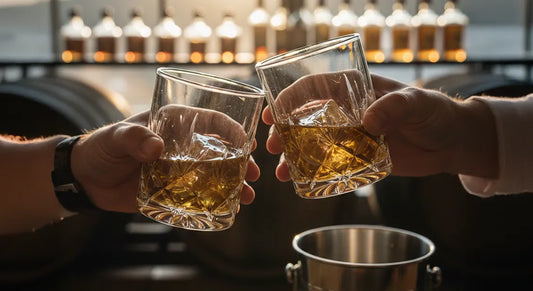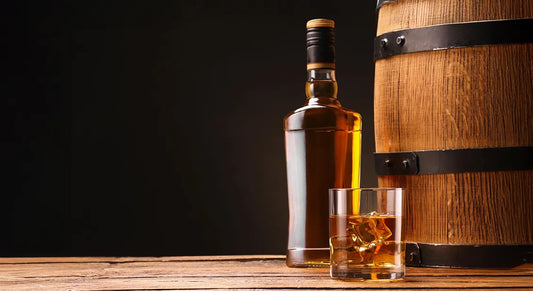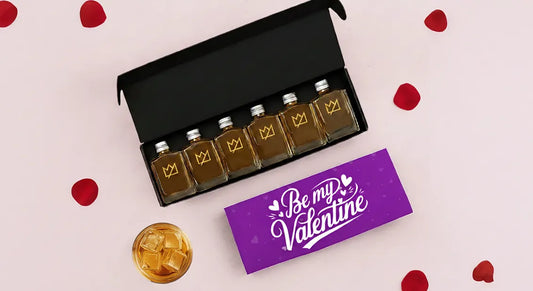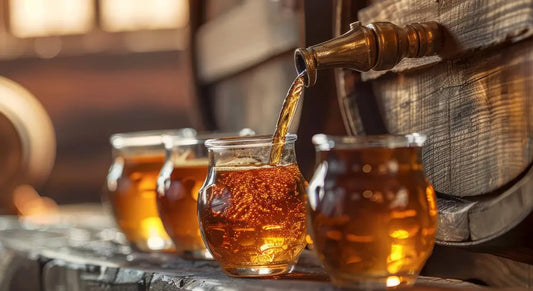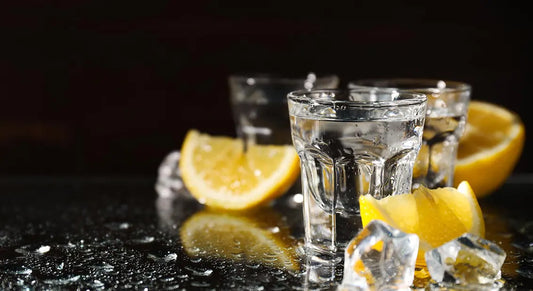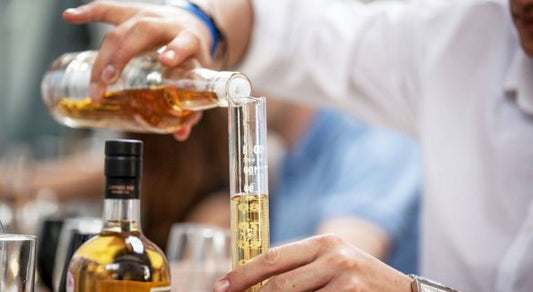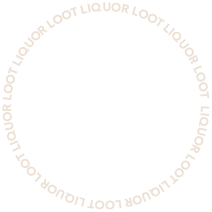
What’s Your Whisky Birthday?
As the popularity of whisky surges, particularly among the younger millennial generation, more and more people are becoming interested in the history of their beloved beverages. Distillation is a fascinatingly complex process with historical roots that go back centuries. Along with this storied history comes a set of rules that have been created in order to maintain the quality of whisky production.
Much like the Bavarian Rheinheitsgebot law of 1516, which strictly limited the ingredients of beer to water, barley, and hops, the rules passed down by whisky makers in Scotland determine how Scotch whisky should be produced and labelled. If these requirements are not met, the product cannot legally be called Scotch. This is just a regional example, as different sets of laws exist in various parts of the world.
The age of a whisky is widely considered to be the most important factor in its taste. However, many wrongly assume the meaning of a whisky’s age label. By knowing the rules behind whisky labelling, you can better understand what you’re buying before you taste it yourself.
The Age Statement
One of the most common misconceptions about any given bottle of whisky is the age. Typically, many people assume that a 12-year whisky is one that has been aged for exactly twelve years, taken out of the cask, and bottled. In truth, many whiskies are blends of several different batches that can vary greatly in age.
The process of distillation, ageing, and bottling a batch of whisky takes a while. In order to maintain a standard across a large amount of whisky, distillers infuse younger batches with older ones. This helps to keep the taste of a popular brand tastes the same each year.
The law is that, no matter how the proportions are, the age label is always the youngest whisky in the batch. Even if the ratio of 50-year to 10-year whisky in one bottle is 9 to 1, it has to be labelled a 10-year. Distillers are legally bound to adhere to this rule, as labelling is a tightly controlled aspect of whisky making.
Is Age Just A Number?
The amount of time that whisky has spent in the barrel greatly affects the taste. Then again, a higher age doesn’t necessarily mean that one spirit is “better” than a younger one. All the age label denotes is that the flavour of the wooden cask has had more time to impart itself into the whisky. Older whiskies tend to have more complex tastes while younger ones have a more straightforward flavour profile.
That being said, modern distillers have used numerous alternative methods to finely tune the flavours of younger whisky. Using top quality grains and mash bills, for instance, can completely change the result of a five-year batch of whisky. It’s also important to consider that a poorly made whisky aged for 20 years does not redeem the fact that it was poorly made.
Forget The Age
It’s easy for a whisky drinker to become obsessed over the age of the whiskies they try, as older whiskies are undoubtedly rarer. However, some master distillers choose to skip the age label altogether to create new and unique flavour profiles.
These NAS (Non-Age Statement) whiskies are full of exciting new flavours that you won’t find in traditional bottles. This is because they can mix and match as many young and old batches as desired in order to attain a certain taste. Without limits on a certain flavour or batch ratio, the distillery is free to blend a whisky into whatever they want. Whether you’re gifting or treating yourself, our spirits collection has something for every kind of celebration.
What About Your Own Birthday?
Of course, fine drinks such as whisky often go together with celebrations -- and what better occasion to toast to that your own birthday? Choosing the perfect whisky based on your taste profile can be challenging -- especially if you don’t have much experience trying whiskies and building up a palate.
Why not subscribe to Liquor Loot to learn more about whisky in the most exciting way possible -- by sipping our special selections and enjoy access to an incredible rotating selection rare and intriguing whiskies?


